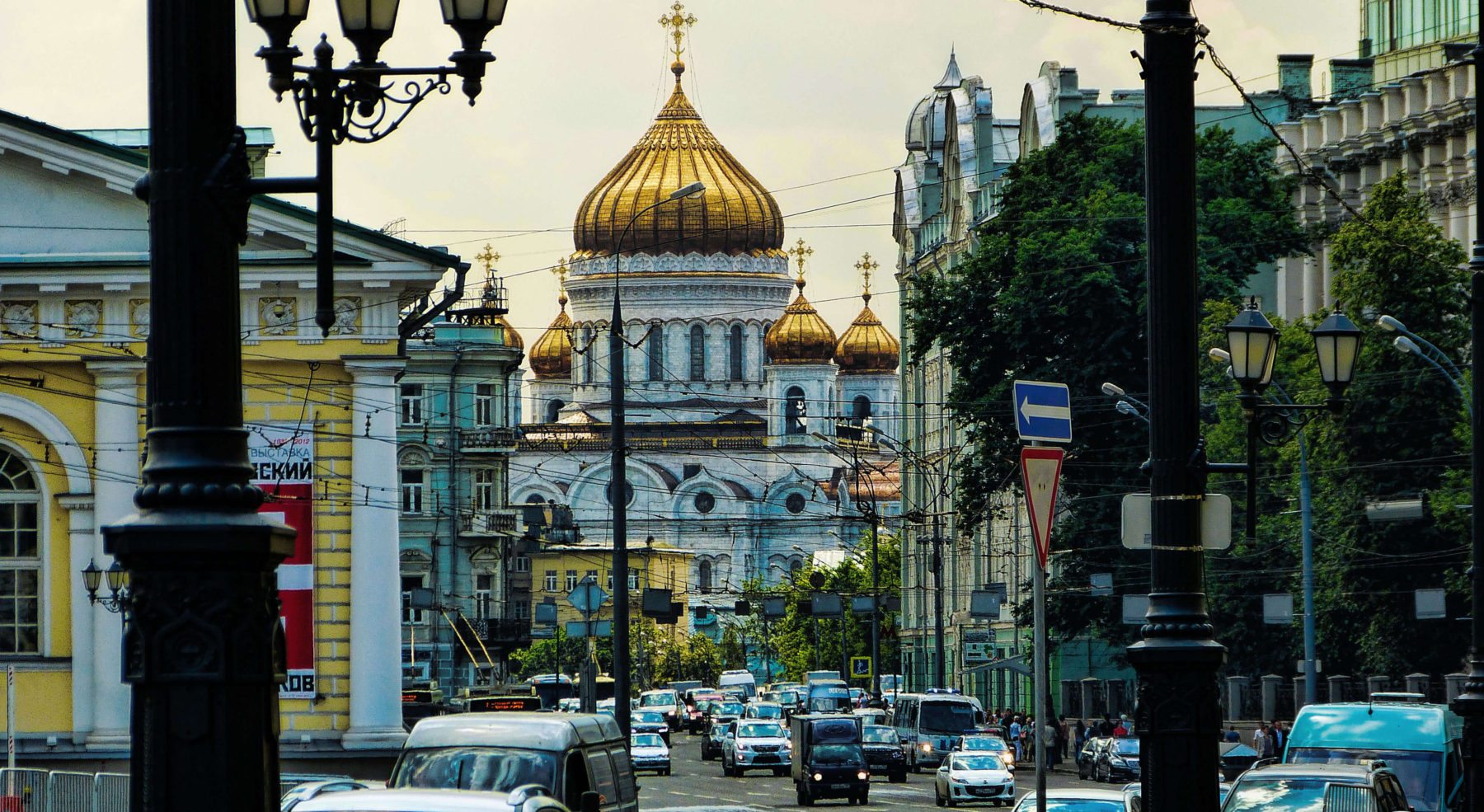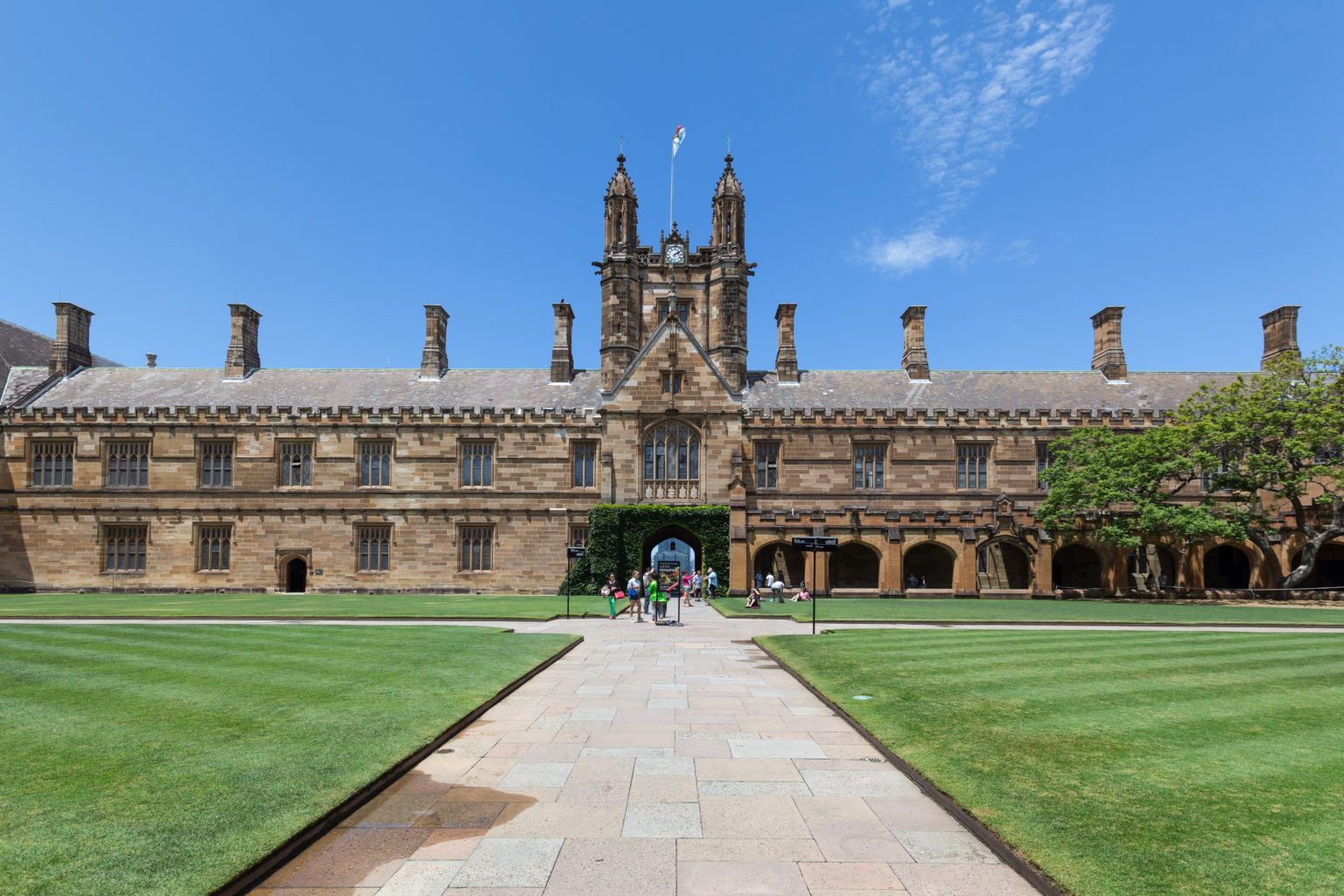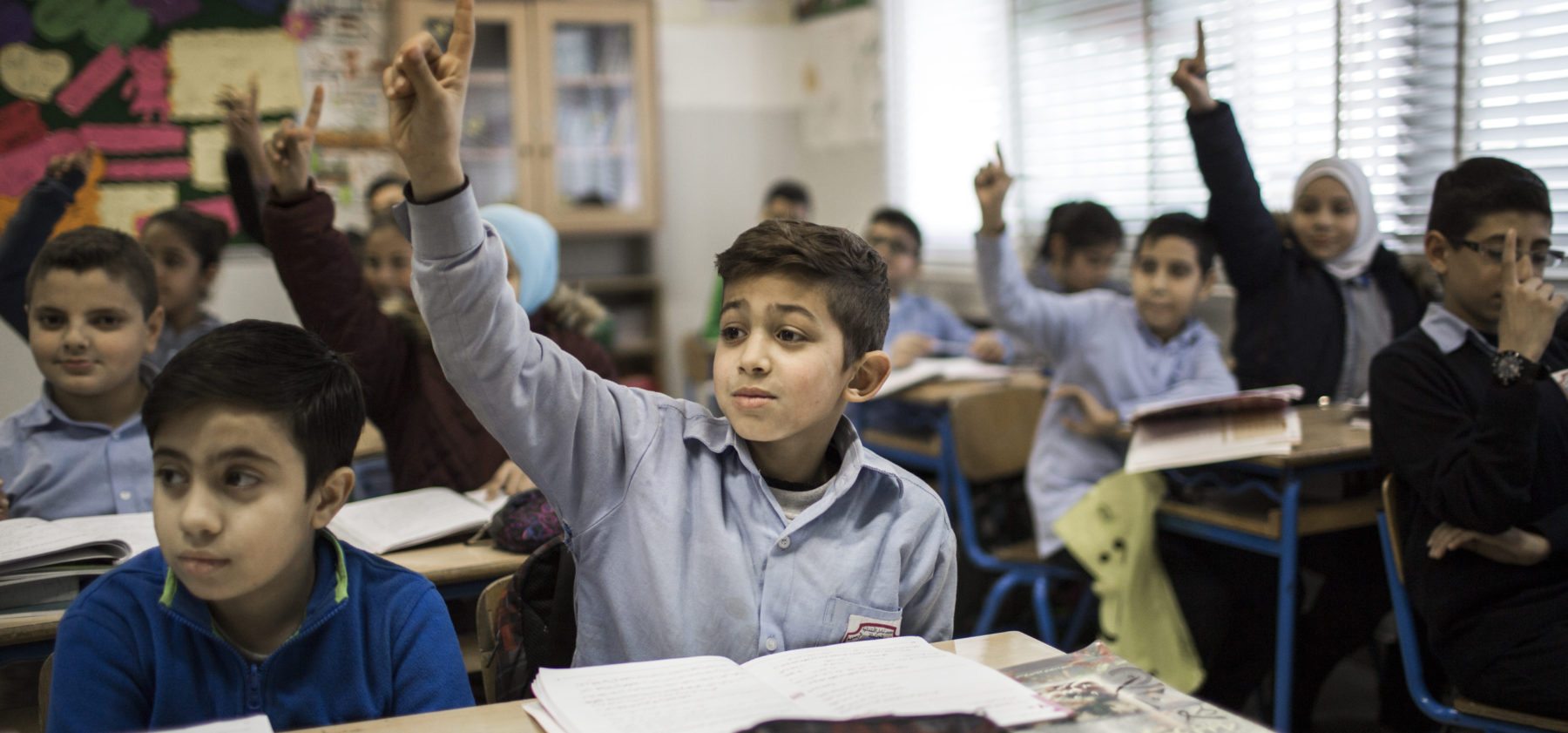Global Students Stories – 09/05/16
Here are this week’s global student stories. There are stories about Syrian refugee students, the new Swedish Nobel Research Centre, Russian higher education and cheating students in Australia.
Lebanon: Syrian refugees to be educated in Lebanon
About 1.5 million Syrian refugees have flooded into Lebanon over recent years.
Many of them are university age, and require higher-level educational skills in order to begin rebuilding their displaced lives.
In a pioneering act, the American University of Lebanon is accommodating pupils by teaching in two shifts per day. This university’s scholarship scheme is supported by funding from the Mastercard Foundation.
The project not only hopes to provide an educational future, but also challenge intolerance and prejudice.
Professor Rima Afifi from the university in Beirut explains that this will be achieved through “anti-oppression lectures”, as well as educational studies.

Stockholm Photo: Michael Caven / Flickr
Sweden: Swedish Nobel Research Centre for advanced studies
Three major universities in Stockholm are planning to build a new research centre for advanced studies in the city, to be located inside the new Nobel Centre.
The project will be co-funded by various foundations and the Swedish government. University representatives expect it to be an “institution of the highest international rank”.
The centre is hoped to become a place where young researchers and Nobel Prize holders meet, and a hub for scientific conversation.
Although eagerly anticipated, there is still much controversy surrounding the architecture of the proposed waterfront building, with many stating worries that the building will be too “different”.

Moscow Street Photo: Mariano Mantel / Flickr
Russia: Industry ministers call for better higher education and change in syllabus
A group of leading Russian companies and banks have started a petition calling for improvements to the quality of higher education, and for a change in university curricula.
These companies, which form among the largest employers in Russia, claim that there is a need to revise the current courses offered.
Almost 51% of unemployed young people in Moscow are graduates. These young people are often unfamiliar with the economic and jobs market.
Current courses have been criticised for their lack of relevance to the realities of Russia’s business market.
The Russian Ministry of Education and Science has stated its plans to improve higher education in Russia.

University of Sydney Photo: Daniel Neubauer / Flickr
Australia: Sydney universities toughen measures against cheating students
Sydney universities are enforcing stronger penalties against cheating candidates after a discovery of “chronic misconduct” across assessment tasks and exams.
Fairfax Media conducted an investigation in 2014 that exposed the fact that several students had been cheating.
Many had been hiring companies to write their assignments and sit online tests in their place. After the exposed information, two students were expelled, and a further 70 faced severe penalties.
Three of Sydney’s universities have put in place new regulations and limitations for examinations. These include a prohibition of watches and reducing take-home assessments.
There will also be more closed-book exams and assessment feedback sessions introduced.

Comments